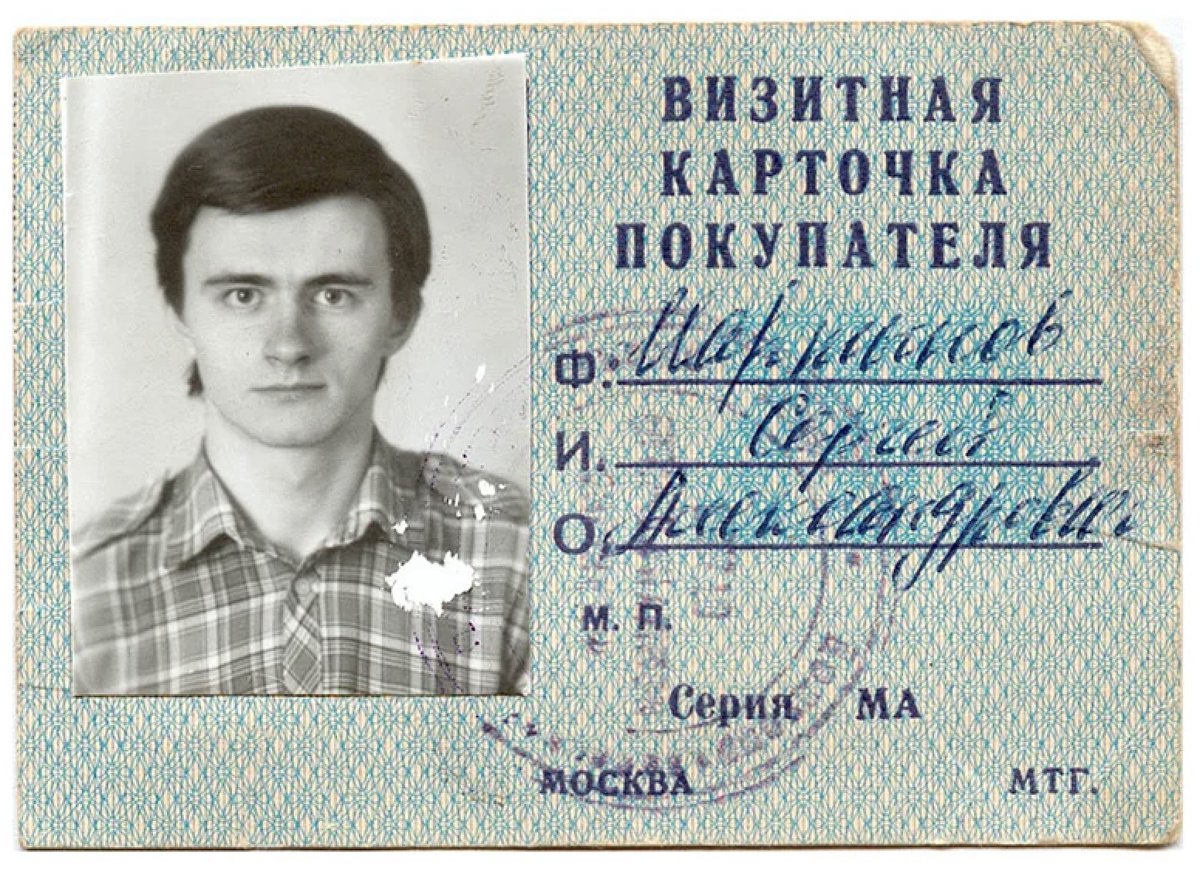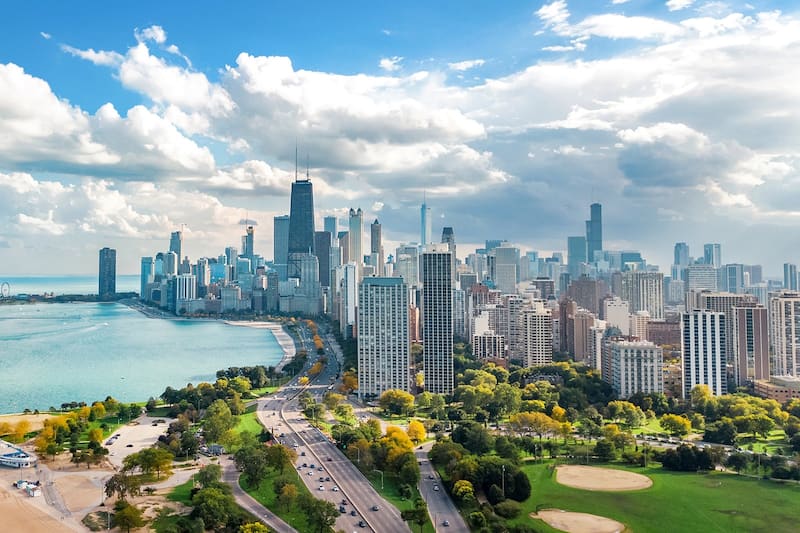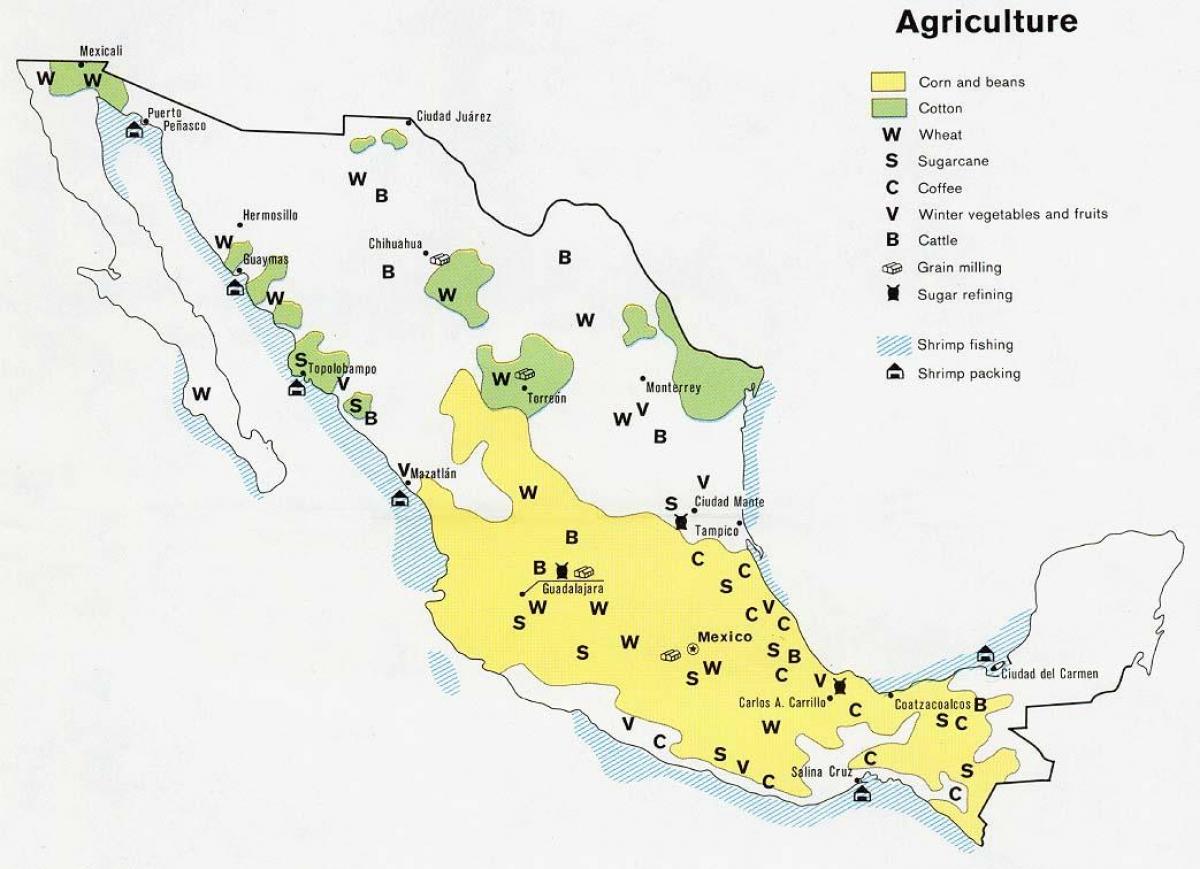Die Fürstenstadt
There was a Soviet joke:
- What is long, green and smells with sausage?
- Moscow-Tver train
Why? Well, under the USSR provincials had to go shopping to Moscow. Their shops had no food, often very literally. Today we'll learn an expression "supply category"🧵
There was a Soviet joke:
- What is long, green and smells with sausage?
- Moscow-Tver train
Why? Well, under the USSR provincials had to go shopping to Moscow. Their shops had no food, often very literally. Today we'll learn an expression "supply category"🧵
Under the centrally planned economy it was the state which supplied food to the localities. It would assign each city one of four "supply categories" determining how much food there will be on shelves. Moscow was supplied far better than anyone while cities like Tver - horribly 
Provincial Soviet cities of the lower supply categories might have no food on the shelves at all. Sometimes very literally. Sometimes they would have only the scraps from the table of the higher status city: like some algae, or the disgusting paste "Ocean" 
That's difficult for a modern Westerner to understand, so I need to reiterate it. When I say "there was no food", I don't mean delicacies. My friend from Moscow who visited Penza in the 1980s was shocked to see that the food shelves there were literally empty. Nothing to buy 
How would people survive then? Well, now you get the purpose of dacha. It's not recreational, it's primarily the subsistence farming for food. Extremely tiresome and inefficient, but ppl in many localities had no choice. Shelves were empty, so you must grow potatoes etc. yourself 
Second, grey sector. You may not grow food, but you could buy from someone who does or who steals. The USSR had a massive shadow economy which provided much of population with the means of subsistence. Much like the modern Russia. See Simon Kordonsky's writings on гаражный сектор 
Of course, much of the shadow economy was just the side hustle of the state. For example, during the Holodomor you absolutely could buy food in Torgsin (="trade with foreigners"). In spite of their name, they were frequented by Soviet citizens. Except you couldn't pay with rubles 
During the worst Stalin's famines, you could buy any food in Torgsin for the real values: gold, silver and of course the hard currency. That was the instrument of the Soviet state to milk the values out of it starving population. Bring gold, get food. Rubes are not accepted 
In the late Soviet era this role was played by the "collective farm markets" (колхозные рынки). Even though the shop was empty, you still could buy food on these markets from the collective farm (= the state), but for the price several times higher than the official one 
While the province had basic subsistence problems, Moscow was supplied lavishly. As a result, much of the country went to shop to Moscow, from hundreds or thousands of kilometres away on the so called "sausage trains". Muscovites hated these aliens for emptying "their" shops 
Sausage trains were often organised by the regional enterprises. A factory would organise for its workers an "excursion" to "museums" of Moscow. In reality they're gonna shop. Saratov workers would come to Moscow to buy Saratov-produced food that was impossible to buy in Saratov 
Moscow authorities would limit how much food you can get to "one hands" so that hungry provincials wouldn't buy everything. Provincials would not surrender. They would stand in the queue, make a purchase. Then stand in the back of the queue again and repeat. And again. And again 

With the economic situation worsening, Moscow took tougher measures against provincials. In 1990 they introduced compulsory "purchaser cards" which only locals were getting. Letters "MA" mean Moscow - best category. If you were from Moscow Oblast, it would be MO which is okayish 

Purchaser cards were introduced to exclude the hungry provincials from abundant Moscow shops. In reality personnel wouldn't always demand documents. They recognised provincials from how they are dressed and look like, so they asedk for a card only from suspiciously looking people 

Sausage trains demonstrate that the key aspect of the "centrally planned economy" is the word "central". Centrally planned USSR was a hierarchical society of extreme inequality. It was your assigned status rather than cash that determined if you're allowed to buy food or not 

Second, that they hierarchy and inequality had the geographical dimension. Those living closer to the centre for power were supplied lavishly. But in just two or three hours away there started a zone of extreme destitution. Another planet 

Moscow is not an "economic" or "cultural" centre. It's what Max Weber would call a "Fürstenstadt": city built around a princely court and living off expenses of a prince, his officials and courtiers. Its modern prosperity is a function of its central status in the imperial system 

That's why the economic effect of the war is so little visible in Moscow. The prince would make every possible expense and put every effort for maintaining the quality of life and the business as usual mindset in his Fürstenstadt. The rest of the empire can go fuck themselves 

That also explains the destitution of much of the Russian empire. That's Arkhangelsk, the capital of Pomorye which had historically been the richest part of the country. All the resources are sucked from the region to feed the Fürstenstadt of enormous size and appetites 

Russia is so poor because its Fürstenstadt is just too expensive to maintain. Moscow is a geographic anomaly among the cities of its size, being located so:
1) far north
2) deep inland and far from (used) navigable waterways
3) in a non-farming region
It's too expensive to feed
1) far north
2) deep inland and far from (used) navigable waterways
3) in a non-farming region
It's too expensive to feed

Almost all large cities of the world lie either close on the shore of the World Ocean (Rio de Janeiro) or close to it (Sao Paolo) or on actually used navigable waterways (Chicago). That makes logistics cheaper and the city easier to maintain 

Those few cities that don't lie near the shore/on the navigable waterways lie amidst the highly fertile food producing regions. Examples: Mexico City, Bogota, Delhi. Expensive logistics pretty much sentence them to poverty. But the abundance of food make them sustainable, if poor 

Moscow is different. It's located 700 kms away from the nearest seaport in St Petersburg. That looks far enough. In reality though cargo trains connecting Moscow with its seaport go by much longer circular way through Vologda and Yaroslavl. Direct route is occupied by Sapsan 

Add to that that Moscow is a uniquely northern and cold megapolis. There are no cities of its size located so far north and on so infertile soils. This regions is called Нечерноземье, Not Black Soil, referring to its infertility in comparison to the Black Soil of the south 

Add to that that this extremely bid and extremely expensive to feed Fürstenstadt should never ever feel the slightest worry and discomfort from the reckless imperial policies
wsj.com/articles/in-ru…
wsj.com/articles/in-ru…
In Russia’s Biggest Cities, Ukraine War Fades to Background Noise
Bars are filled to the brim, film and jazz festivals are sold out and Moscow’s police officers are busier handing out fines for public drinking than putting down dissent.
https://www.wsj.com/articles/in-russias-biggest-cities-ukraine-war-fades-to-background-noise-11656670347
And you'll get why Moscow sucks its empire dry. It's just too expensive to feed. The insatiable appetites of the Fürstenstadt are a major reason for the decolonisation of the Russian Empire. End of 🧵 

• • •
Missing some Tweet in this thread? You can try to
force a refresh








